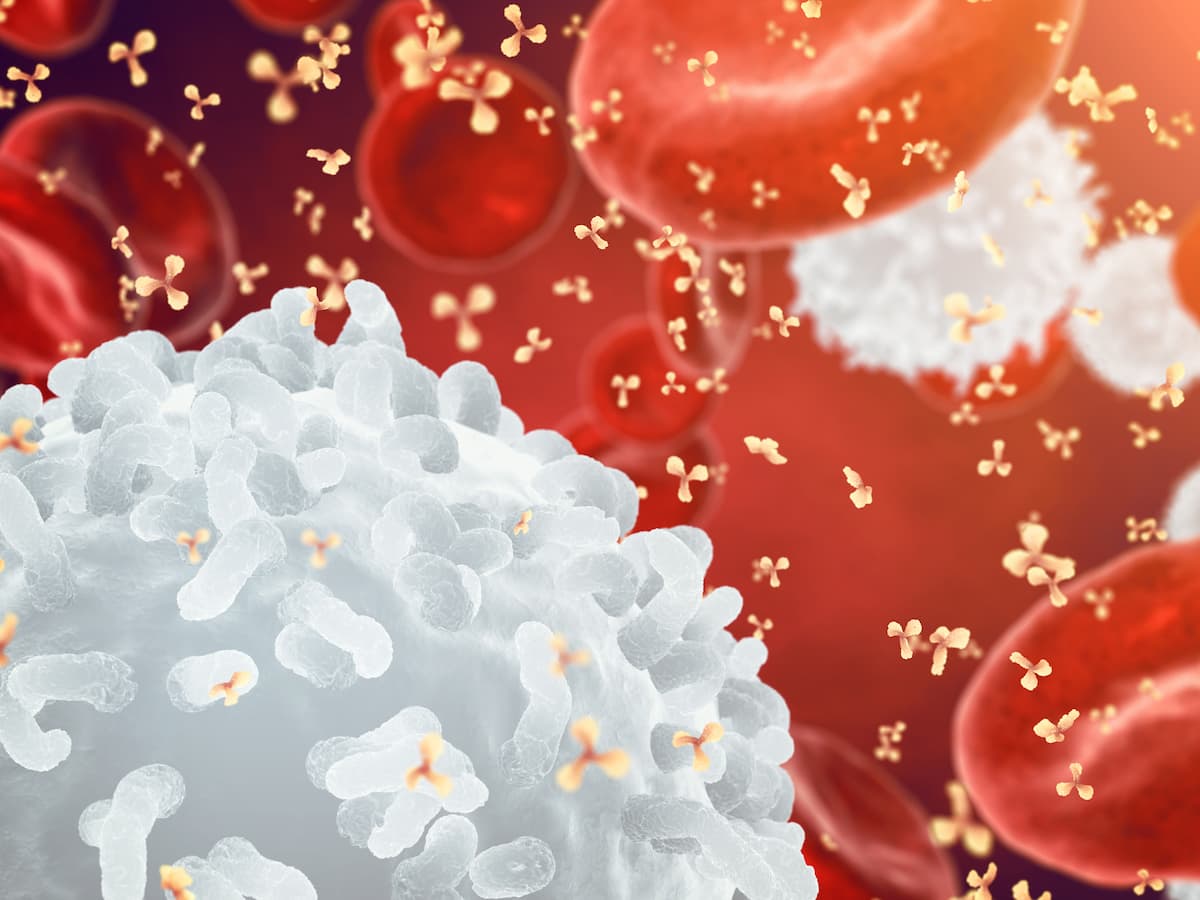Geographic, Racial Disparities Exist in CAR T, Bispecific Access in DLBCL
Strategies must be framed for addressing racial and geographic disparities in access for CAR T-cell and bispecific antibody therapy, according to the study authors.
“Strategies should be framed to address the causes for the observed disparities and to improve access," according to the study authors.

Significant geographic and racial disparities exist relating to access for clinical trials of CAR T-cell and bispecific antibody therapy for patients with diffuse large B-cell lymphoma (DLBCL), according to retrospective findings of 62 countries with 126 study sites published at the 2024 Transplantation and Cellular Therapy Meetings.
Results showed that 33.3% of the African American patients analyzed (n = 13,669,915/41,104,200) lived in a county where there was a CAR T-cell therapy or bispecific antibody trial, according to 2020 US Census Bureau data. Six states (12%) exist with at least 50% of the African American population who live in a county with an open CAR T-cell therapy or bispecific antibody trial; 15 states (29%) had 30% or more of their African American county residents with access to these trials.
Additionally, 7 of 10 states that carried the highest proportion of African American residents (18.6%-41.4%) have no (n = 4) or fewer than 4 clinical trial sites (n = 3). In the overall analysis set, 92% of sites were White predominant compared with 8% that were African American predominant (P = .440).
“There is significant geographic and racial disparity in accessing CAR-T cell therapy and bispecific antibodies trials for DLBCL,” lead study author Moazzam Shahzad, MD, of University of South Florida and H. Lee Moffitt Cancer Center in Tampa, Florida, and coinvestigators wrote in the poster that was presented during the meeting. “Strategies should be framed to address the causes for the observed disparities and to improve access.”
There has been an increase in the number of clinical trials focused on CAR T-cell therapy and bispecific antibodies for patients with DLBCL, the investigators noted, adding that there are geographic limits to offering the studies and limits with universal access for minority patients and patients with low socioeconomic status.
For the analysis, the authors sought to examine the geographical and racial disparities in clinical trials for CAR T-cell therapy and bispecific antibodies for patients with DLBCL. The data were extracted from ClinicalTrials.gov in May 2023 with the following terms: diffuse large B-cell lymphoma, DLBCL, CAR-T, chimeric antigen receptor T cells, chimeric, bispecific antibodies, bispecific, BCMA, and T-cell engager. Information comprised study titles, National Clinical Trial identification numbers, trial phase and intervention, actual or expected number of study participants, primary end points, and recruiting sites and funders. For race and ethnicity information, investigators used data from the 2020 US Census Bureau. SPSS version 26 was used to perform the analysis.
Findings showed that there were 62 (83%) CAR T-cell therapy and 13 (17%) bispecific antibodies trials, which included 6221 patients who were enrolled or expected to enroll. This included 5336 (86%) patients who were enrolled in CAR T-cell therapy and 885 (14%) in bispecific antibodies studies. Furthermore, 85% of studies were US-only clinical trials, and 64% were funded by pharmaceutical companies. The primary study end points were related to safety (57%), efficacy (28%), and both (15%).
The 126 unique study sites were distributed across 31 states with a mean of 11 (range, 0-51) trials per state; there was also a mean of 4.5 (range, 1-26) CAR T-cell therapy trials per site and 4.4 (range 1-24) bispecific antibodies trials per site.
Data showed that most CAR T-cell therapy/bispecific antibody trials were in Southern states (31%), followed by Midwestern (25%), Northeastern (24%), and Western (20%). The states with the most study locations were California (10%), New York (7%), and Pennsylvania (7%). Additionally, the highest numbers of open studies were in California (15%), Texas (9%), and New York (7%).
The authors noted that 20 states did not have any open CAR T-cell therapy or bispecific antibodies trials; this included 3 in the Northeast, 3 in the Midwest, 7 in the South, and 7 in the West.
Reference
Shahzad M, Butt A, Basharat A, et al. Geographic and racial disparities in chimeric antigen receptor–T cells and bispecific antibodies trials access for diffuse large B- cell lymphoma. Presented at: 2024 Transplantation and Cellular Therapy Meetings of the ASTCT and CIBMTR; February 21-24, 2024; San Antonio, TX. Abstract 647.
Newsletter
Stay up to date on recent advances in the multidisciplinary approach to cancer.